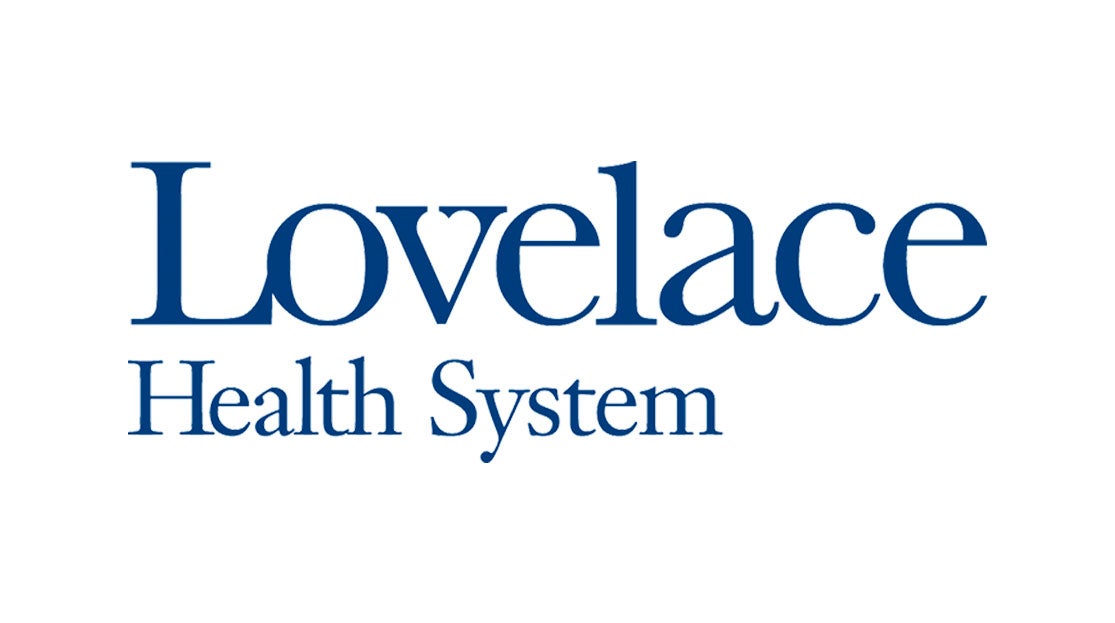
Darcy Cooke, PA-C, Physician Assistant at the Breast Care Center at Lovelace Women’s Hospital joins us on the blog today to talk about the genetic mutation PALB2 and breast cancer risk.
Over the last several years, it has become quite common that we discuss genetic testing with our patients, who have been diagnosed with breast or ovarian cancer, or who have strong family history of cancer. Until recently, most patients who decided to undergo genetic testing were tested for BRCA1 and BRCA2. Studies have shown that patients who carry a deleterious, or harmful, mutation in either of these genes have a very high risk of developing breast or ovarian cancer (up to 87 percent risk of breast cancer with a BRCA1 mutation). Clear guidelines exist on what options are appropriate to offer to patients identified with a deleterious BRCA mutation. These patients may consider preventative surgeries (breast removal and/or ovary removal), hormone blocking medications, or a higher level of screening for cancers.
 Within the last few years, tests for a larger number of genetic mutations have become more available. More and more genes have been identified that may increase risk of cancers, and genetic testing techniques have improved allowing for large “panels” of genes to be tested at a time. However, many of the genes we can test for do not have clear guidelines that we can recommend to patients who are found to carry a harmful mutation in one of the newer, rarer, or less well understood genes. PALB2 (partner and localizer of BRCA2) is one of these genes. The protein encoded by PALB2 is understood to be intimately tied with the proteins encoded by BRCA2, as well as BRCA1, all of which are involved in DNA repair. Until recently, our best estimates of the cancer risks associated with a harmful mutation in PALB2 was that the breast cancer risk was approximately two to four times above the average patient’s risk and that the risk of some other cancers, including pancreatic cancer, was elevated, but poorly understood.
Within the last few years, tests for a larger number of genetic mutations have become more available. More and more genes have been identified that may increase risk of cancers, and genetic testing techniques have improved allowing for large “panels” of genes to be tested at a time. However, many of the genes we can test for do not have clear guidelines that we can recommend to patients who are found to carry a harmful mutation in one of the newer, rarer, or less well understood genes. PALB2 (partner and localizer of BRCA2) is one of these genes. The protein encoded by PALB2 is understood to be intimately tied with the proteins encoded by BRCA2, as well as BRCA1, all of which are involved in DNA repair. Until recently, our best estimates of the cancer risks associated with a harmful mutation in PALB2 was that the breast cancer risk was approximately two to four times above the average patient’s risk and that the risk of some other cancers, including pancreatic cancer, was elevated, but poorly understood.
A study published in the New England Journal of Medicine has provided a better understanding of breast cancer risk associated with harmful mutations in the gene PALB2. This study evaluated breast cancer incidence in 154 families and 362 individuals who carry a harmful mutation in PALB2. The authors describe the best fitting model of risk estimation as a cumulative risk of breast cancer for female PALB2 carriers to be 35 percent by age 70. This is almost as high as the 40 to 60 percent risk of breast cancer seen in BRCA2 carriers. The data further suggests that the risks are quite different depending on family history of breast cancer. In PALB2 mutation carriers without a family history of breast cancer, the risk of developing breast cancer is 33 percent. However, patients with a PALB2 mutation with a family history of at least 2 first-degree family members (mother, sister, daughter) diagnosed younger than 50, the risk of breast cancer was 58 percent. These differences point to the likelihood that there are other factors, such as environmental exposures, lifestyle factors, and other genetic interactions, that modify the amount of risk of a harmful PALB2 mutation.
This type of study is very exciting for medical providers who take care of patients with breast cancer or family history of cancer, since it gives us more concrete risk estimates that we can discuss with our patients. However, there are still no formal or concrete guidelines or recommendations that we can turn to when discussing management with our patients who have a PALB2 mutation. One of the key points that I take away from this study, is that the risk of breast cancer for a particular patient with a PALB2 mutation is very dependent on his or her family history of cancer in addition to the genetic finding. A detailed discussion of personal risk and family history must occur along with genetic testing or disclosure of the results of genetic testing. These evaluations and discussions can be performed by genetic counselors or specialists with training in cancer genetic risk assessment.




